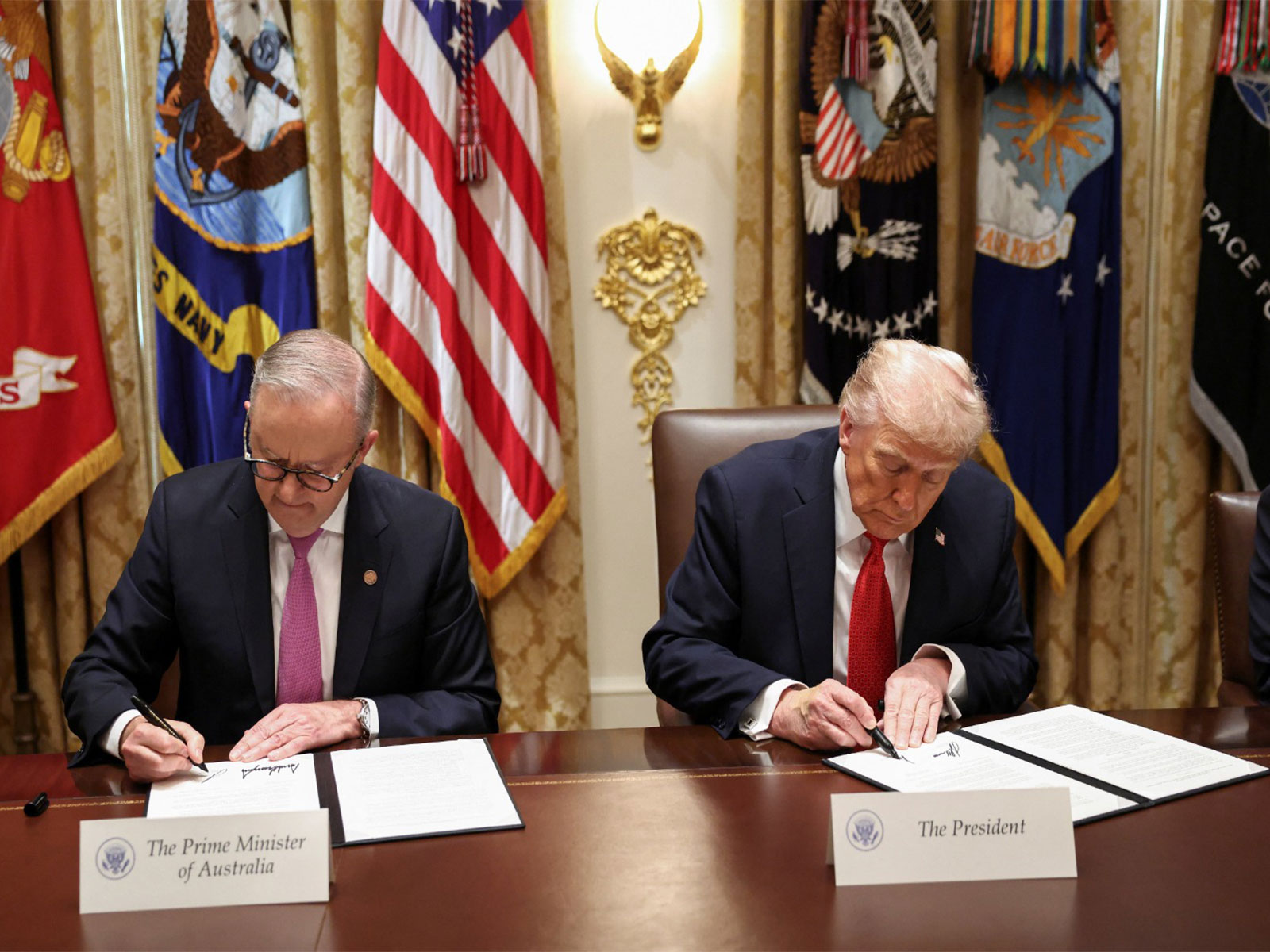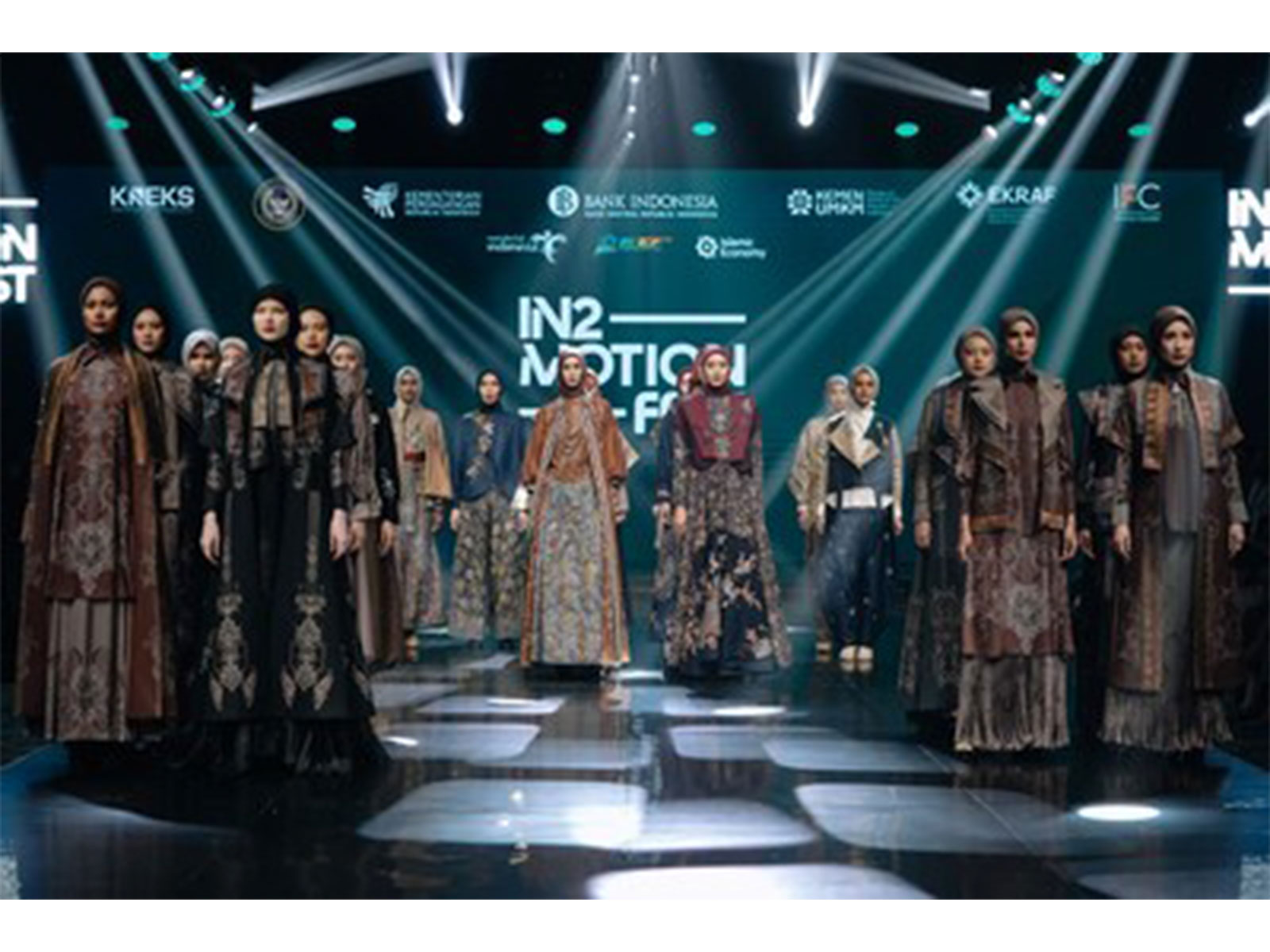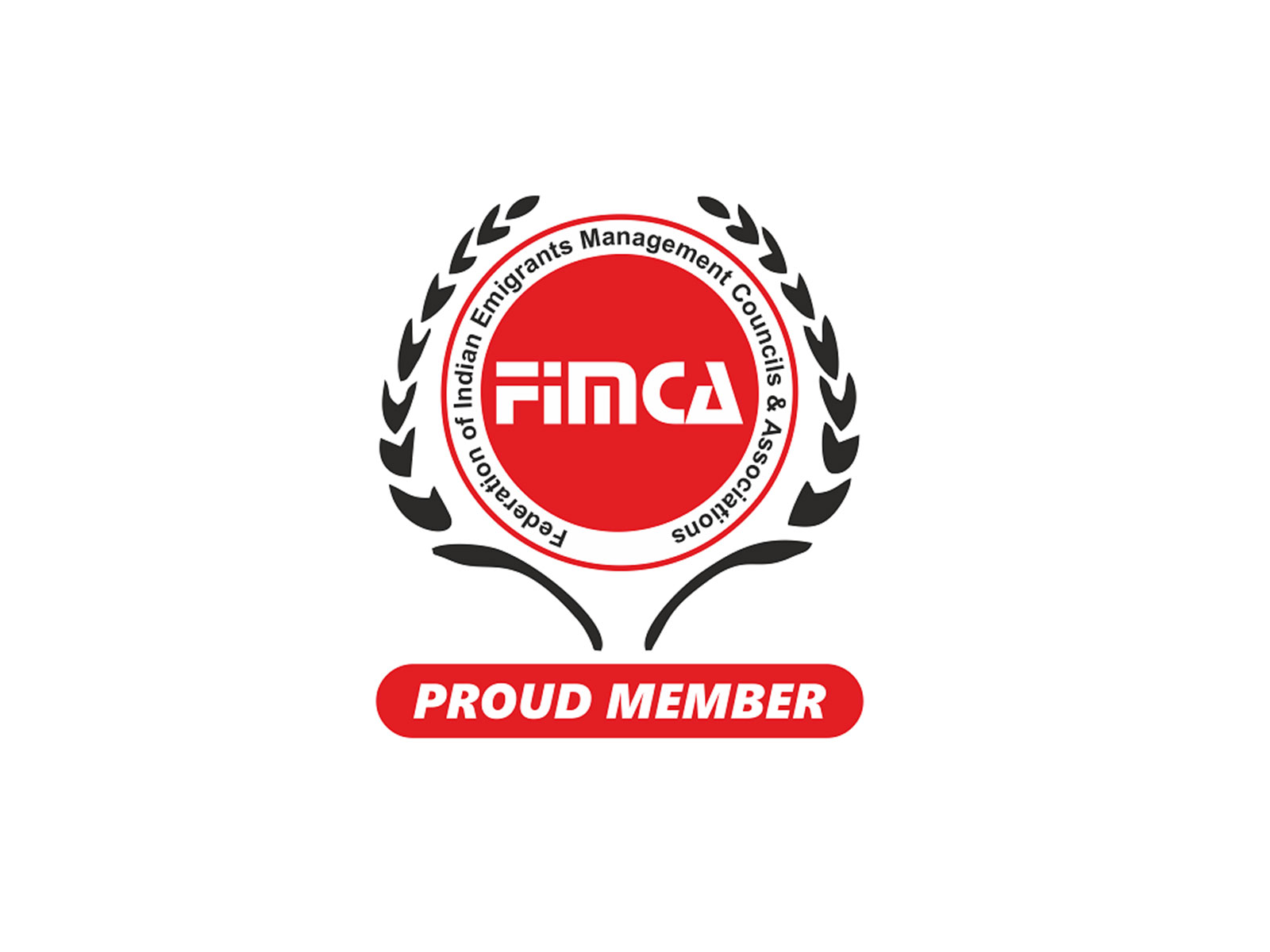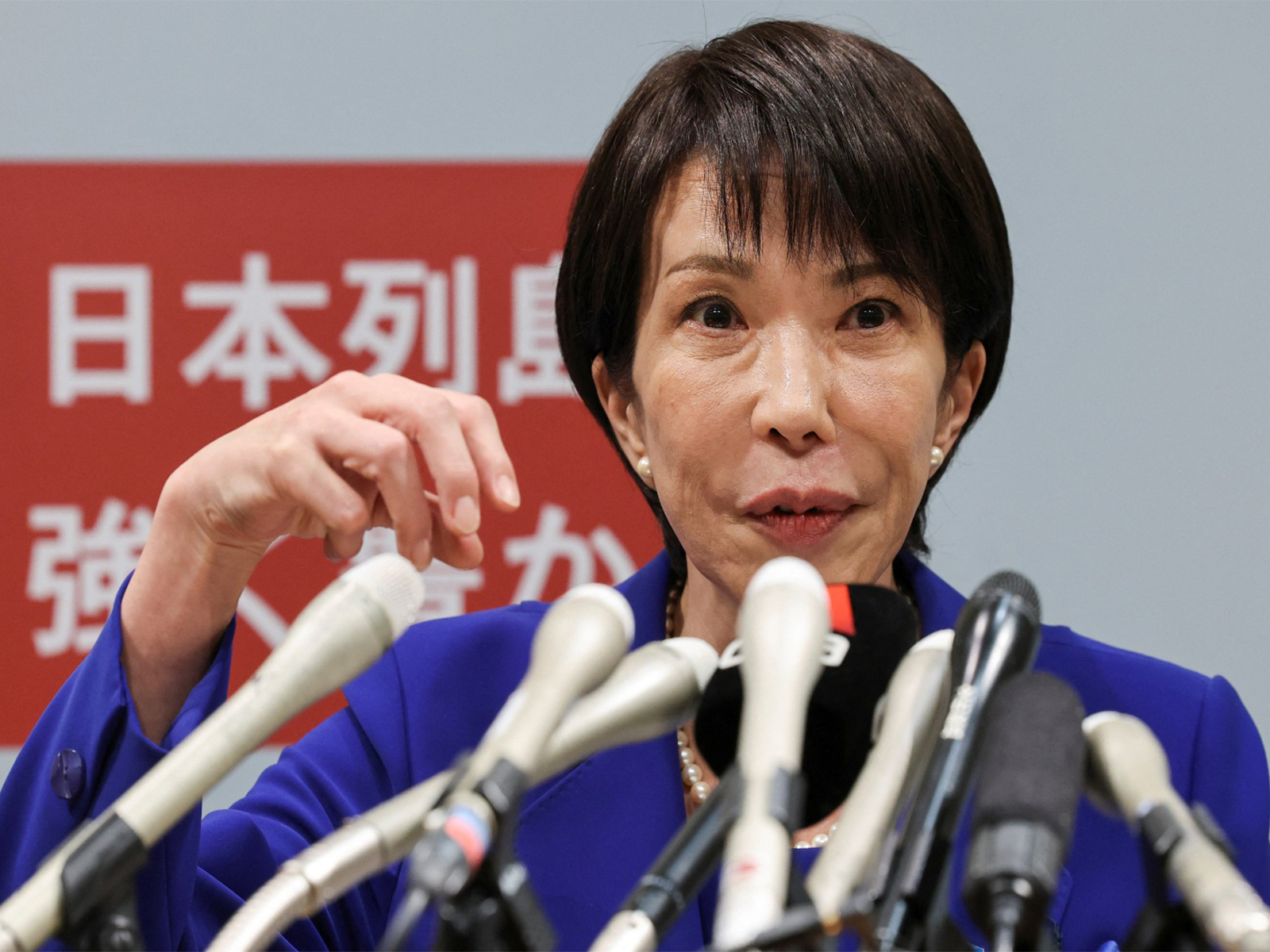US - Australia reach breakthrough agreement to deal with China
Oct 22, 2025
Washington [US], October 22: After talks at the White House, Australian Prime Minister Anthony Albanese and US President Donald Trump made progress on two important agreements that are said to be aimed at countering China.
On October 20, Prime Minister Albanese went to Washington to meet President Trump after 8 months of the White House changing hands and the two men also missed a bilateral meeting on the sidelines of the G7 Summit held in Canada in June.
From supplying nuclear submarines
One of the key outcomes was that Prime Minister Albanese secured support from President Trump for the trilateral US-UK-Australia (AUKUS) agreement, which was reached in 2023 when Joe Biden was US President. Under the agreement, Australia will receive US-supplied nuclear-powered submarines by 2032 before building a new class of nuclear submarines with the UK.
However, not long ago, President Trump's administration announced a re-evaluation of the above agreement due to concerns about the US's ability to meet its own submarine needs. Not only that, the White House also wants Canberra to share more of the cost of the agreement.
Responding to Thanh Nien on October 21, Dr. Satoru Nagao (Hudson Institute, USA) analyzed: "According to the AUKUS Treaty, the US provides nuclear submarines carrying Tomahawk missiles to Australia. This has a significant impact on the anti-China strategy. The current conventional submarines of the Australian navy cannot be deployed from the Perth naval port (Australia) to the waters around Taiwan without supplies from nearby ports or supply ships. Moreover, the number of missiles equipped is also very limited. Therefore, Australia's conventionally powered submarines do not demonstrate enough presence to deal with China's rise."
"Therefore, if Australia possesses a nuclear submarine , Australia can stay there for 73 days without resupply. Nuclear submarines can be equipped with many Tomahawk missiles, with a range of 1,600 - 2,500 km," Dr. Nagao shared.
However, the agreement still has certain challenges. Specifically, the expert pointed out that: "Australia does not have the infrastructure to build and maintain nuclear submarines. There are no nuclear facilities in Australia, which means there is a lack of human resources to develop, repair and maintain nuclear submarines. Therefore, Australia's only option is to use nuclear submarines from the US and rely on maintenance in the US."
In addition, according to Dr. Nagao, there is also a problem that the US has not invested enough in improving its shipbuilding capacity in recent years. "Currently, the US is building 1 or 2 nuclear submarines per year. However, this speed is too slow to find nuclear submarines for Australia to lease. According to current research, the US needs to build 2.33 nuclear submarines per year to be able to supply Australia. Therefore, during this visit, the two countries also need to check the feasibility of this project," Dr. Nagao analyzed.
Rare earth deal breakthrough
More prominent than the submarine deal was the signing of a mineral agreement by the two leaders to ensure the supply of important minerals to the US market. These important minerals include many rare earths that play an extremely important role in many fields, from automobiles, aviation... to the semiconductor industry.
As part of the framework agreement, the US and Australia will invest at least $1 billion in projects in each country over the next six months, aiming to produce end products in both markets. This rapid capital injection marks a decisive boost to develop projects quickly and ensure the supply of materials to the US.
Recently, as the world's key supplier of rare earths, China has restricted the supply of rare earths to escalate the trade war with the US. Beijing's increased weaponization of rare earths and permanent magnets has put the US and its allies in an urgent situation to expand the scale of rare earth mining and processing. Therefore, the above agreement between the US and Australia specifically noted that the two countries will "leverage their existing domestic mining and processing activities for critical minerals and heavy and light rare earths and increase capacity as early as 2026".
Two mineral security experts, Gracelin Baskaran and Kessarin Horvath, from the Center for Strategic and International Studies (CSIS, USA) have pointed out Australia's important advantage in rare earths.
Specifically, Australia has 89 active rare earth exploration projects, far exceeding Canada (18 projects), Brazil (13 projects) and the US (12 projects). As the world's fourth largest rare earth producer with many advantages in rare earth processing technology, Australia is also investing heavily in building processing capacity, including a $1.25 billion government loan to Iluka Resources, a rare earth refinery, linked to offtake agreements with allied countries.
In May, Australian company Lynas Rare Earths achieved a major milestone when it became the first company outside of China to produce commercial quantities of dysprosium oxide - one of the most important heavy rare earth elements - at its facility in Malaysia. Lynas sources the material from its Mount Weld mine near Kalgoorlie in Western Australia, which contains approximately 2 million tonnes of total rare earth oxide reserves.
Therefore, the above mineral agreement helps Washington have the opportunity to strongly strengthen its ability to deal with Beijing in the unpredictable escalating US-China trade war.
Source: Thanh Nien Newspaper








